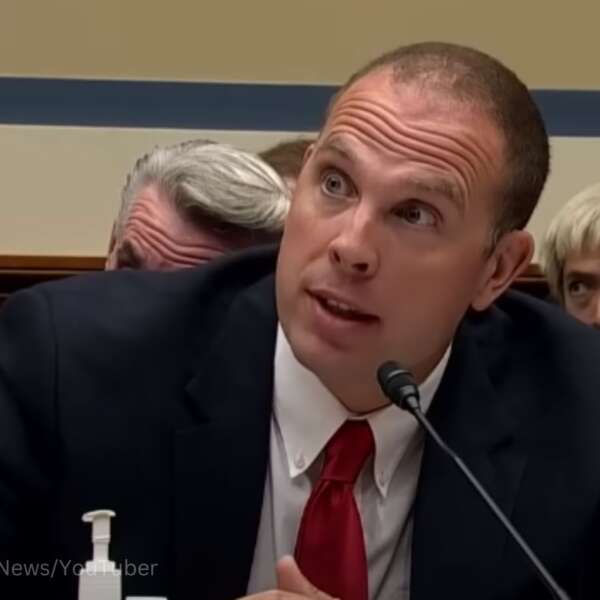WHO: COVID-19 No Longer a Public Health Emergency of International Concern
The World Health Organization (WHO) has announced that COVID-19 is no longer considered a Public Health Emergency of International Concern (PHEIC), as the risks associated with the pandemic have reduced significantly. The WHO Director-General, Dr. Tedros Adhanom Ghebreyesus, reported a global decline in COVID-19 related deaths, hospitalizations, and intensive care unit admissions due to high population-level immunity and improved clinical case management.
The new focus
The organization will now focus on transitioning to long-term management of the COVID-19 pandemic, with the 2023-2025 COVID-19 Strategic Preparedness and Response Plan guiding countries in five areas: collaborative surveillance, community protection, safe and scalable care, access to countermeasures, and emergency coordination.
Sustained Efforts still needed
Despite this announcement, the WHO continues to emphasize the need for sustained efforts to address gaps in health systems and prepare for future outbreaks. The Director-General will convene an International Health Regulations Review Committee to advise on standing recommendations for long-term management of the SARS-CoV-2 pandemic.
Temporary Recommendations
Temporary recommendations for States Parties include sustaining national capacity gains, integrating COVID-19 vaccination into life course vaccination programs, maintaining diverse respiratory pathogen surveillance, preparing for medical countermeasures, and strengthening risk communication and community engagement. The WHO also advises against requiring proof of COVID-19 vaccination for international travel.
As the WHO moves towards long-term management of COVID-19, it urges countries to maintain vigilance and continue improving their health systems and preparedness for future outbreaks. To achieve this, the organization recommends several measures for States Parties:
- Sustain national capacity gains and prepare for future events: States Parties are encouraged to update their respiratory pathogen pandemic preparedness plans and restore health programs affected by the pandemic.
- Integrate COVID-19 vaccination into life course vaccination programs: Efforts should be made to increase COVID-19 vaccination coverage for high-priority groups and address vaccine acceptance and demand issues within communities.
- Maintain comprehensive situational awareness through diverse respiratory pathogen surveillance: States Parties should continue reporting mortality, morbidity, and variant surveillance data to the WHO, leveraging the Global Influenza Surveillance and Response System (GISRS) and supporting the establishment of the WHO Global Coronavirus Laboratory Network (CoViNet).
- Prepare for medical countermeasures to be authorized within national regulatory frameworks: States Parties should strengthen their regulatory authorities to support long-term authorization and use of vaccines, diagnostics, and therapeutics.
- Strengthen risk communication and community engagement (RCCE) and infodemic management programs: States Parties should adapt RCCE and infodemic management strategies and interventions to local contexts.
- Lift COVID-19 international travel-related health measures and refrain from requiring proof of vaccination for international travel.
- Support research to improve vaccines, understand the impact of post-COVID-19 conditions, and develop integrated care pathways.
The WHO emphasizes that while the PHEIC has been lifted, it is not a time for complacency. Countries must maintain their focus on addressing gaps in health systems, engaging communities, and improving preparedness for emerging threats.
Source: WHO















